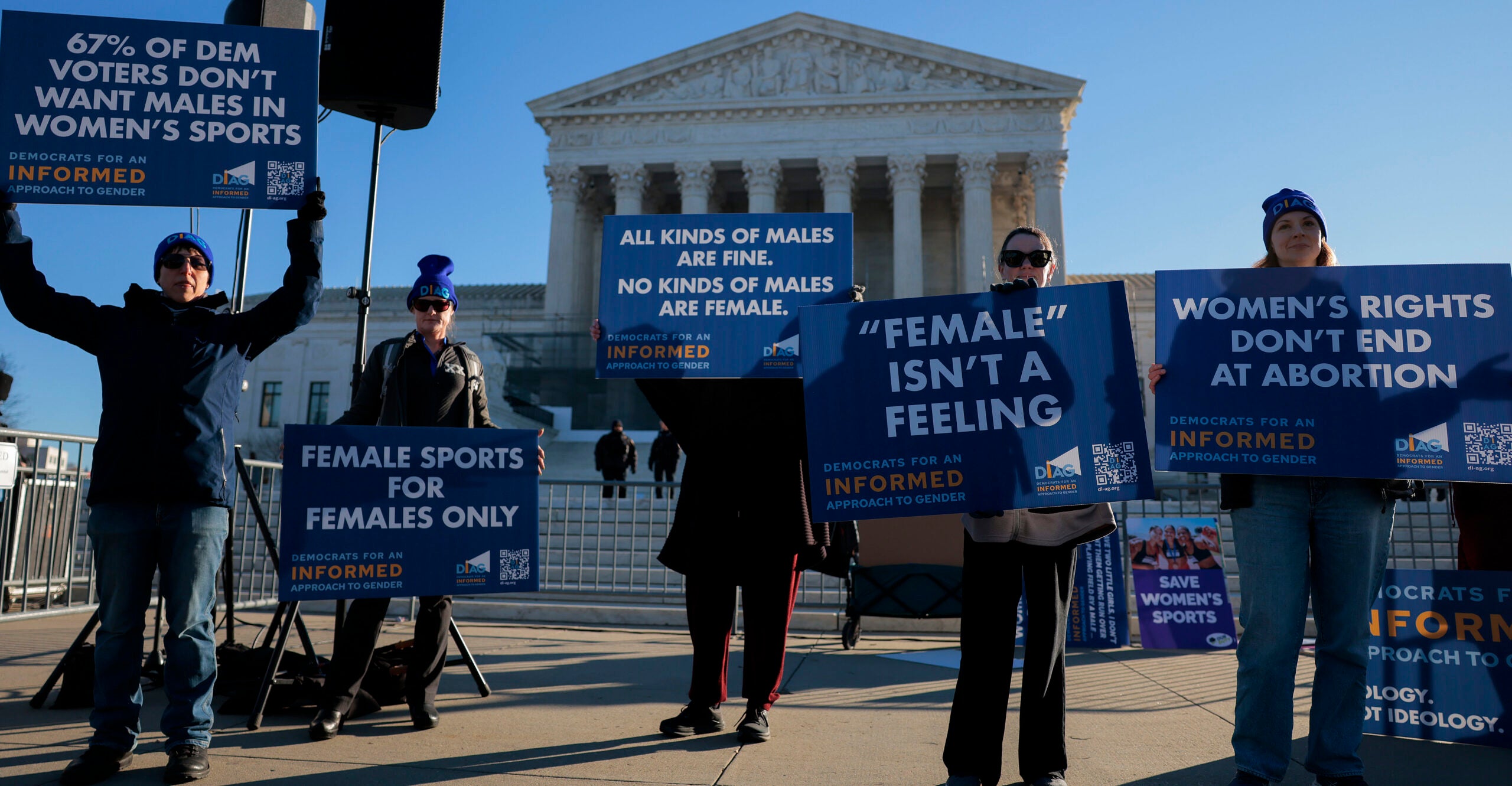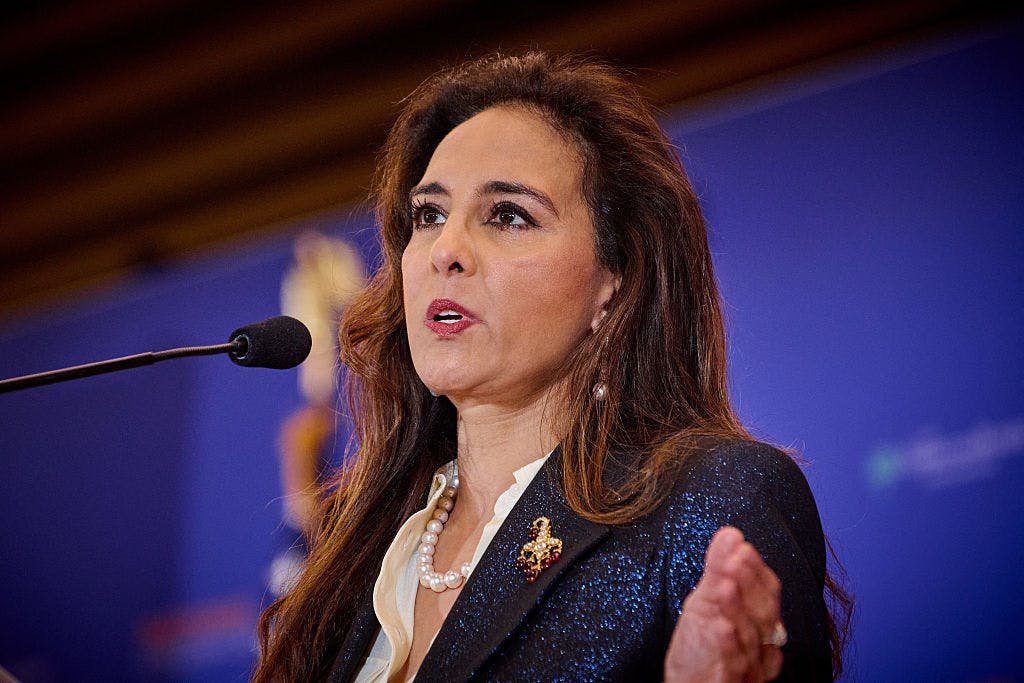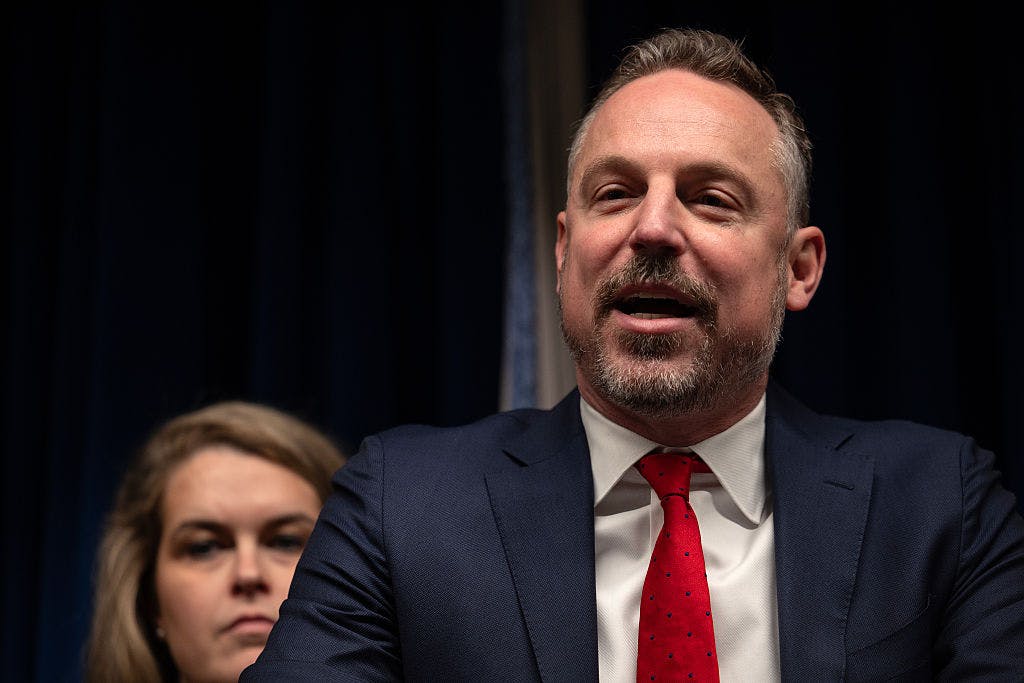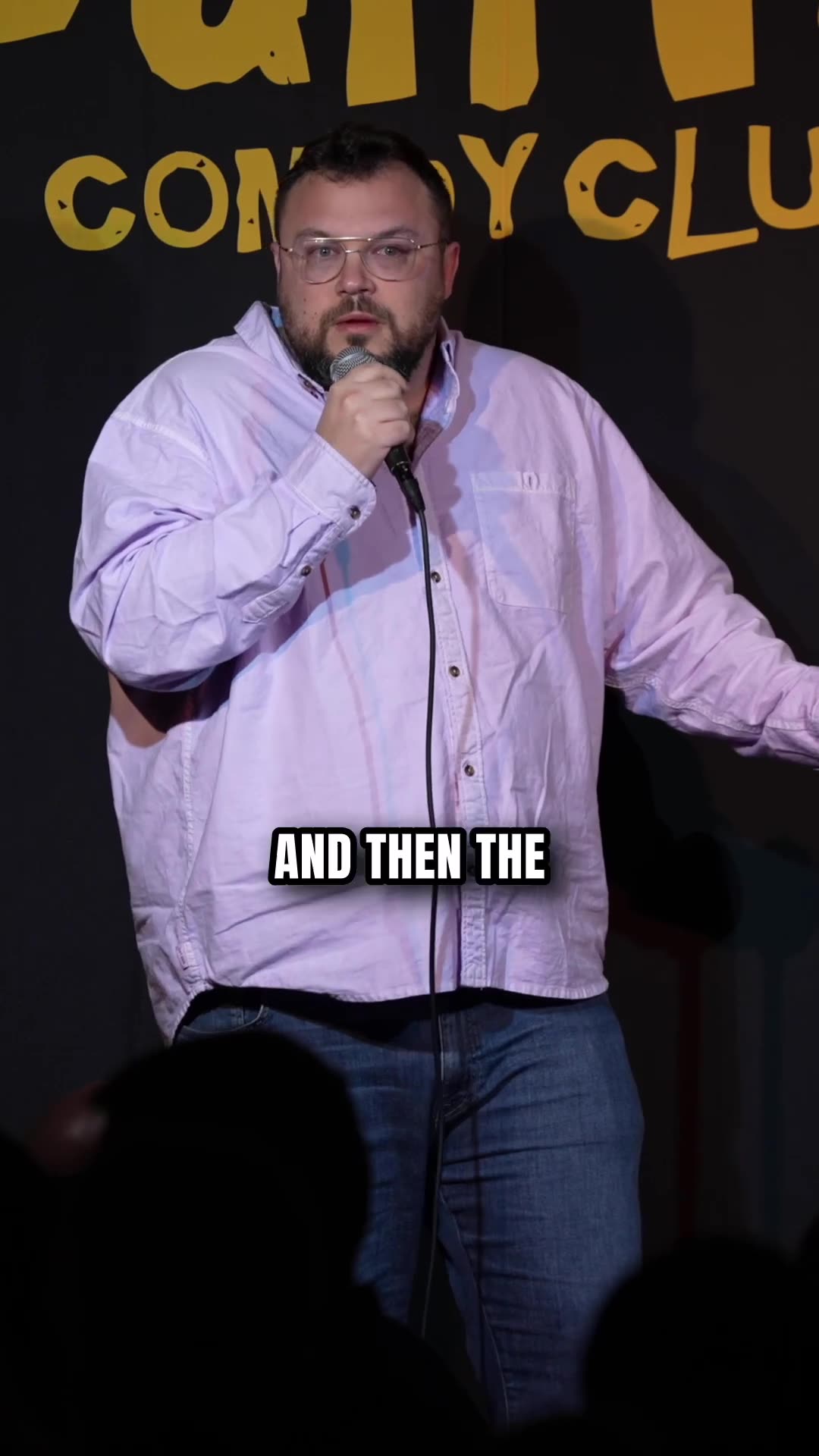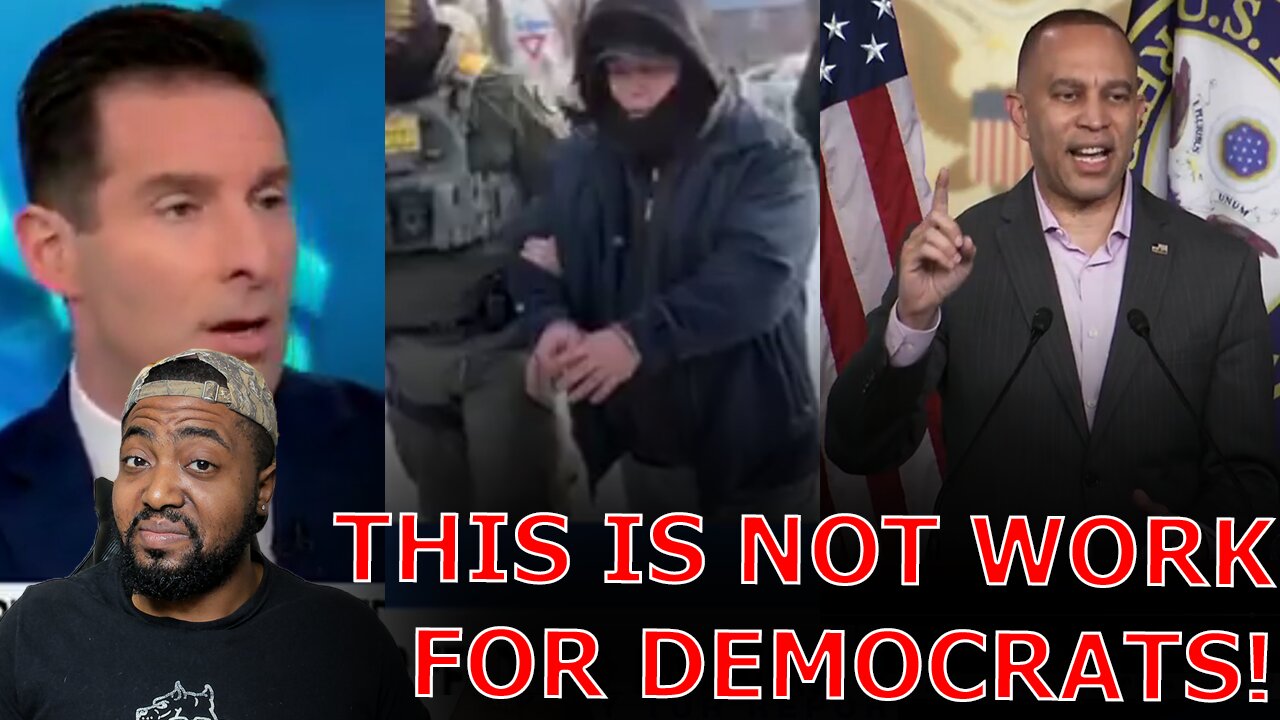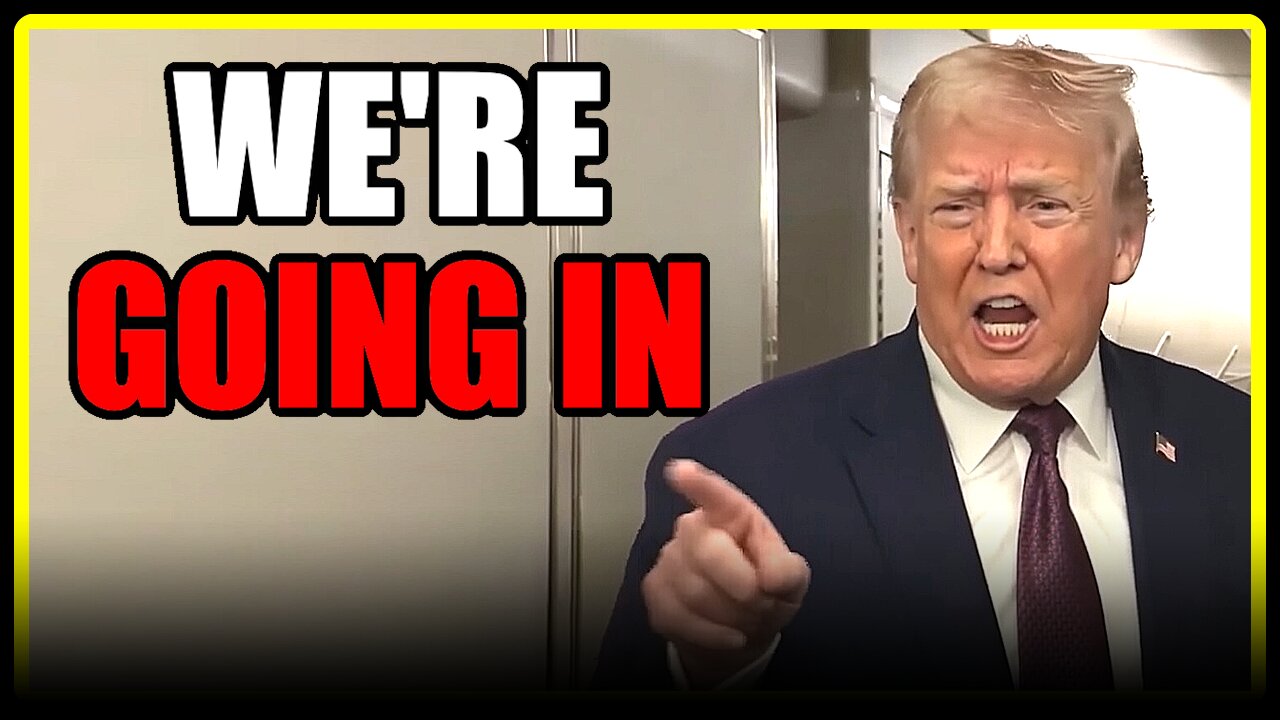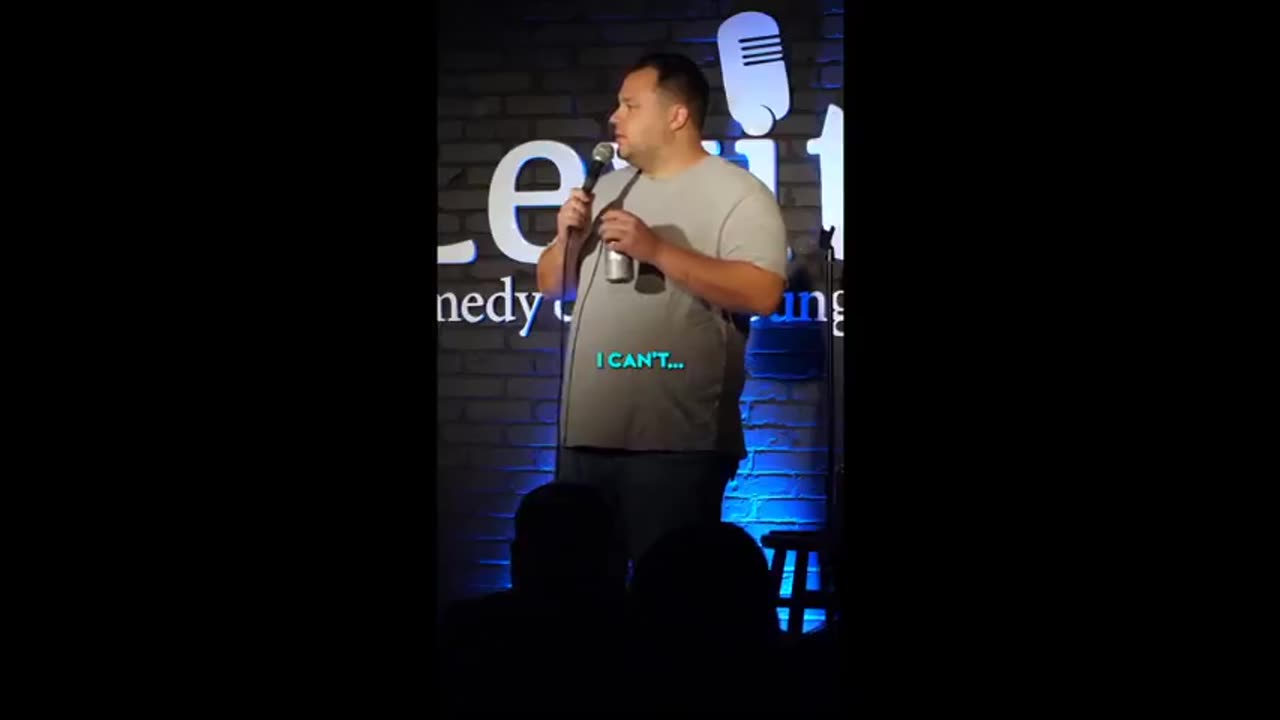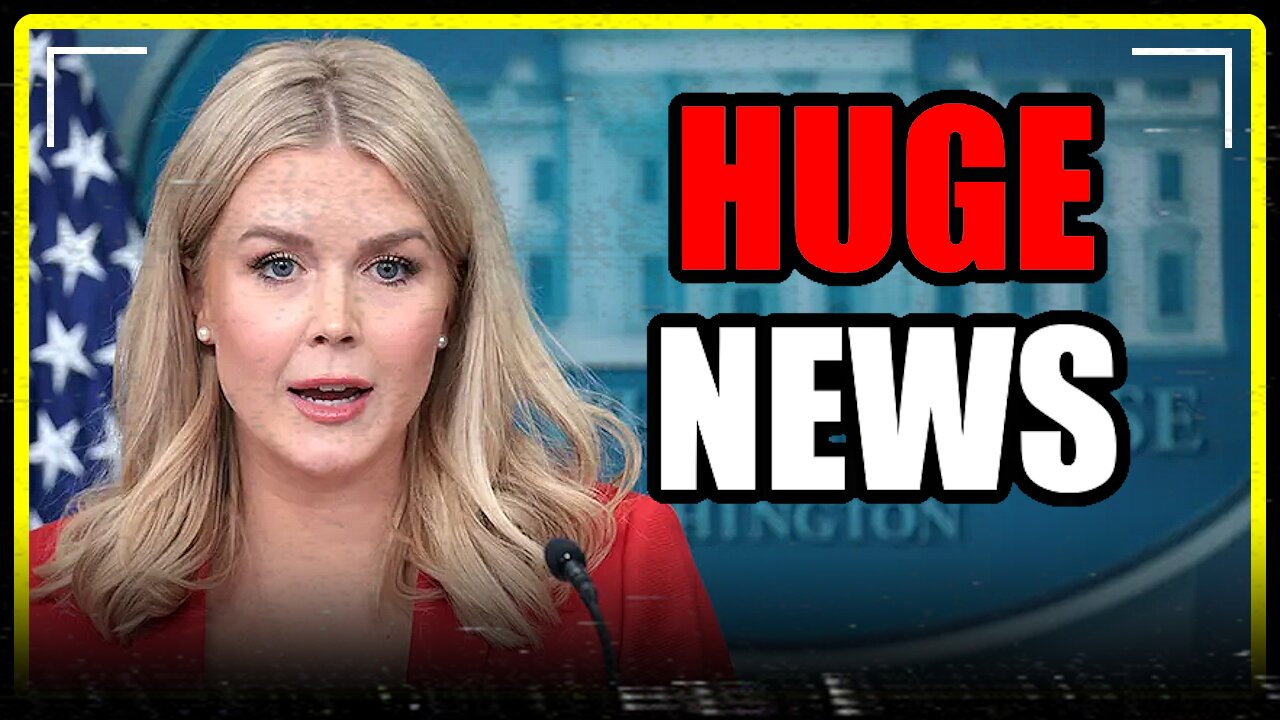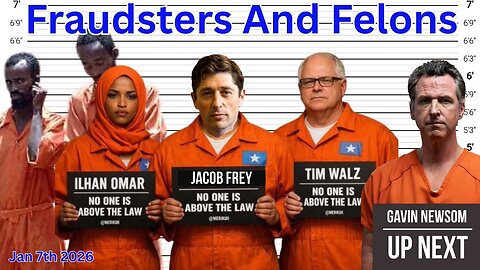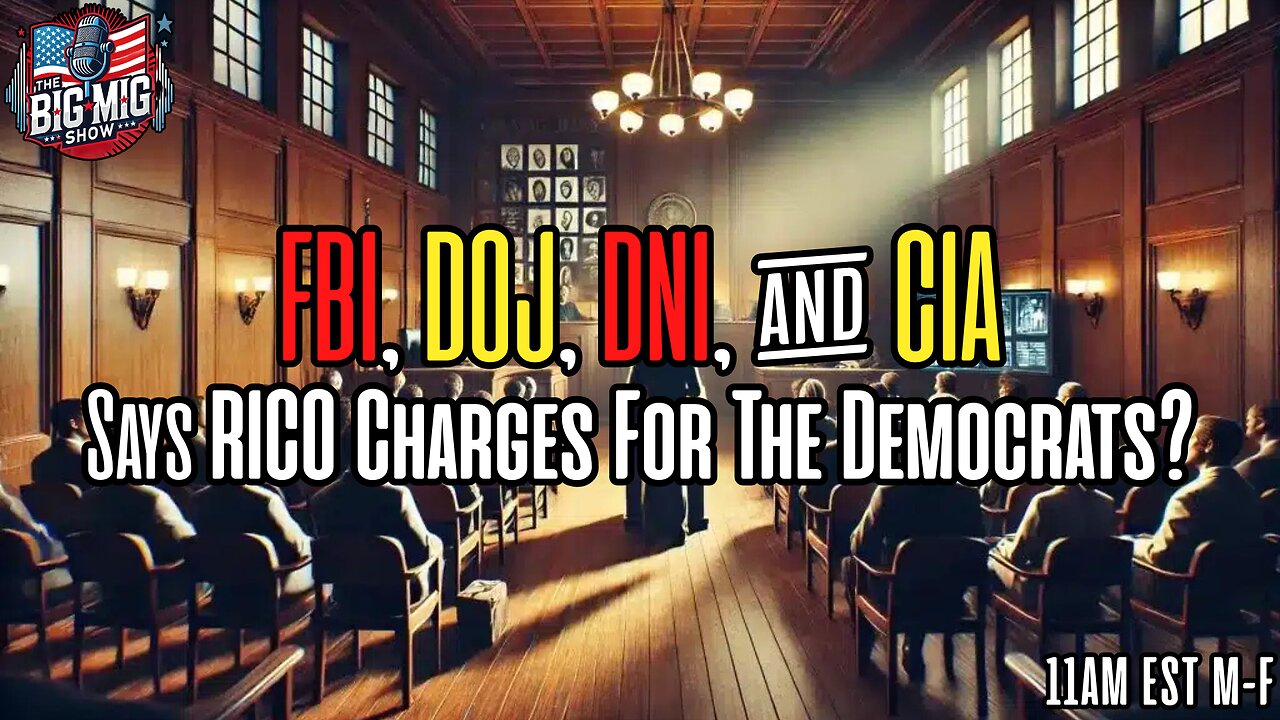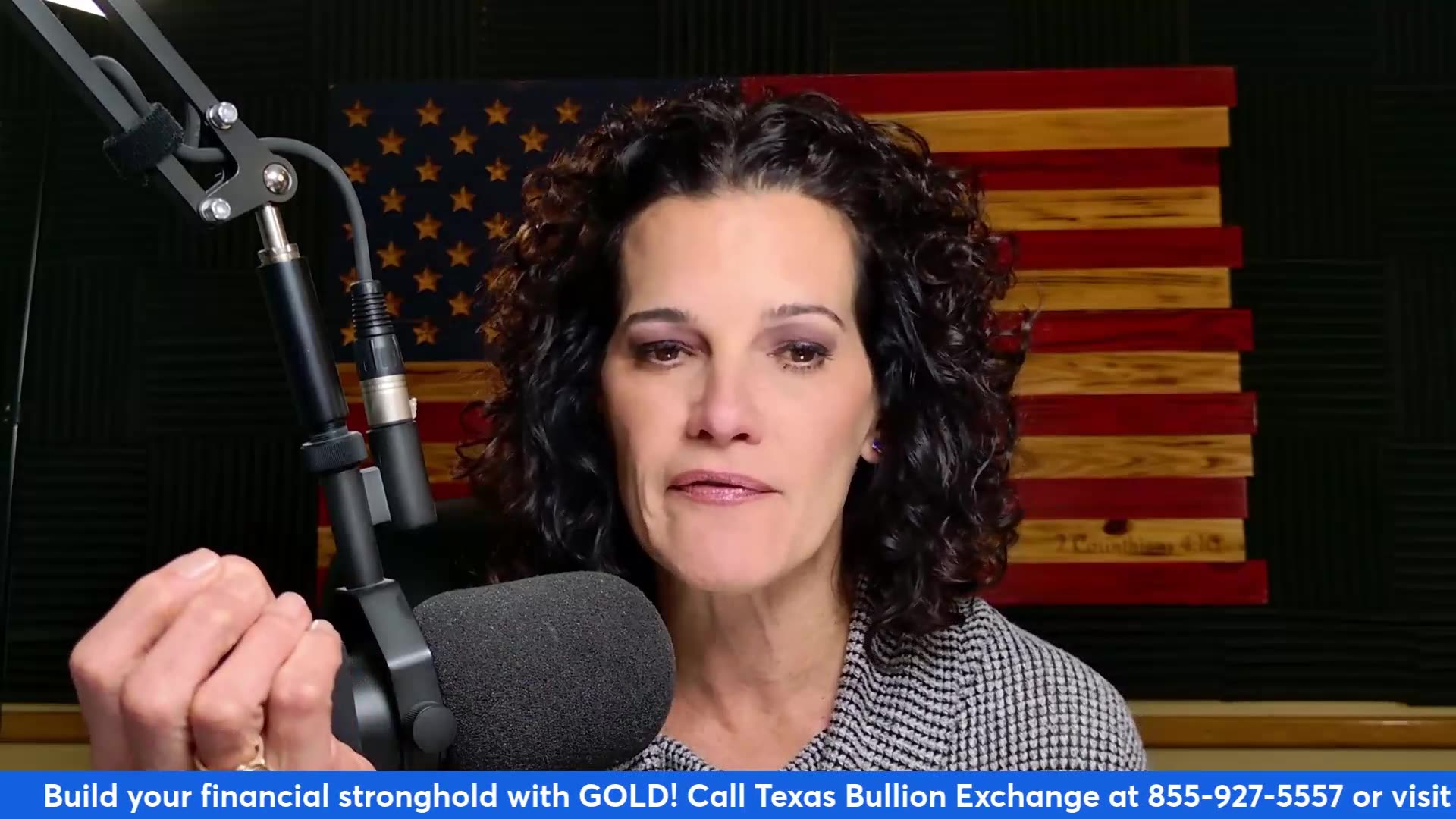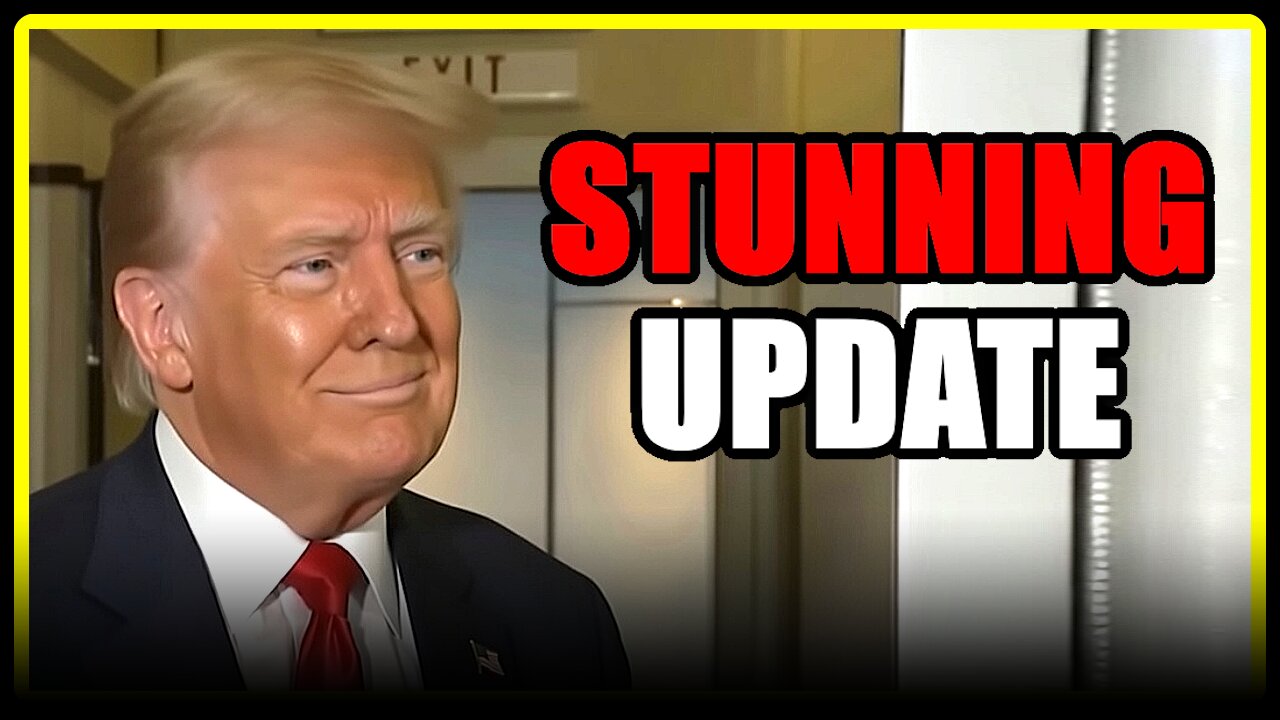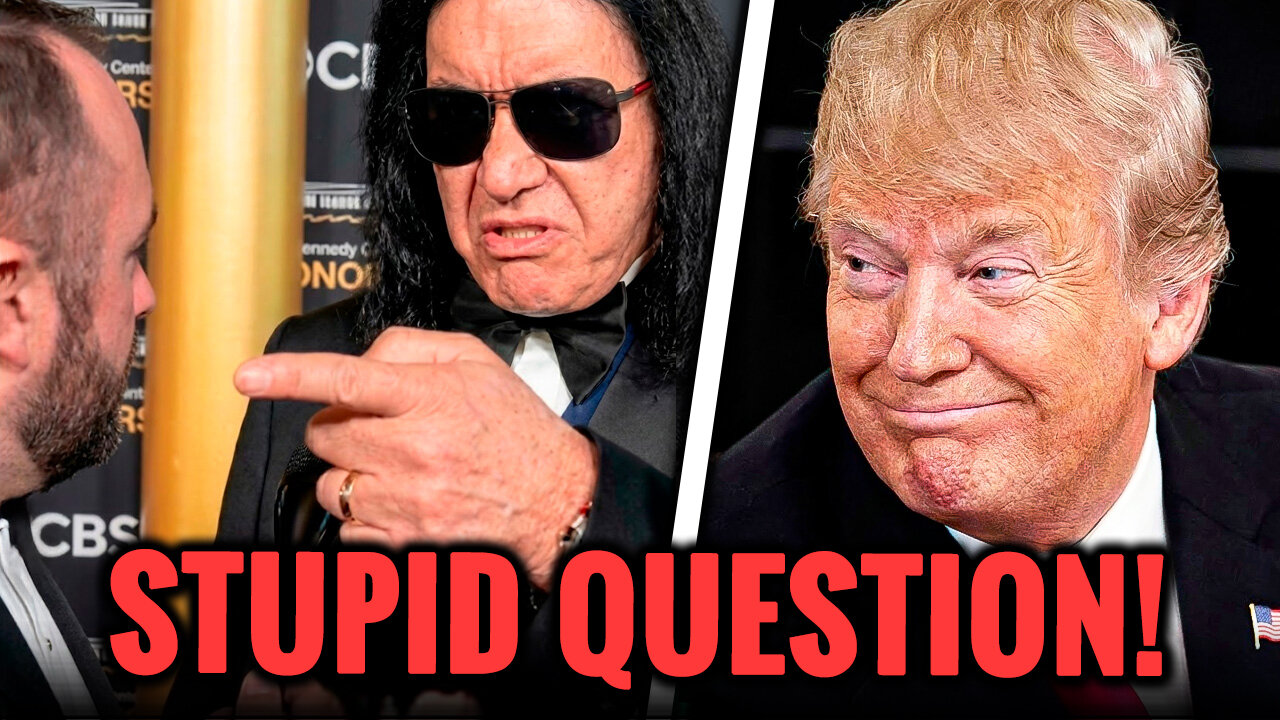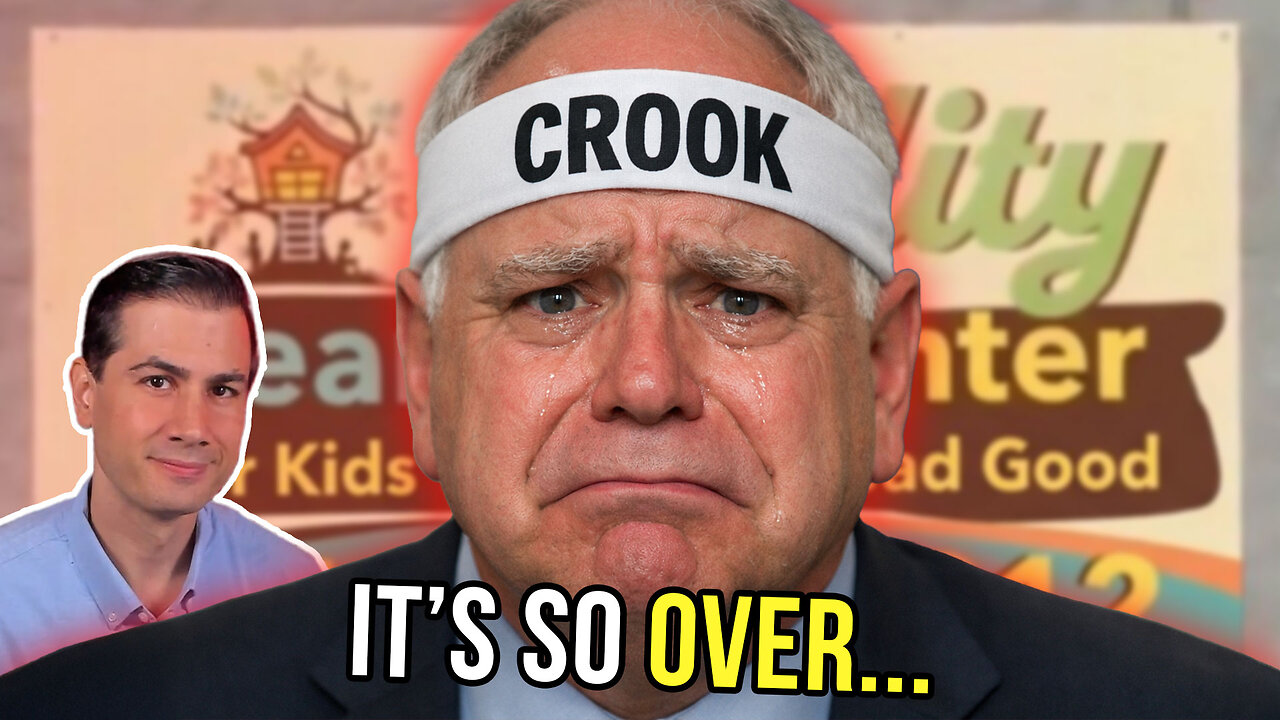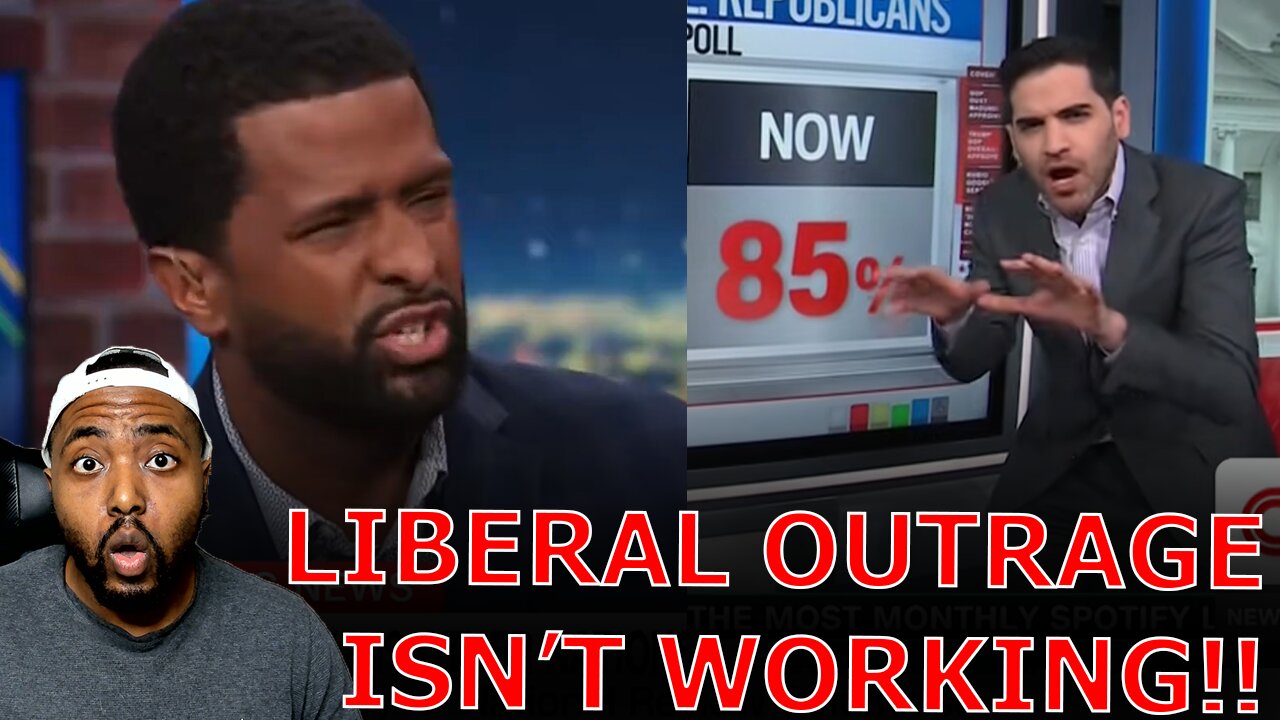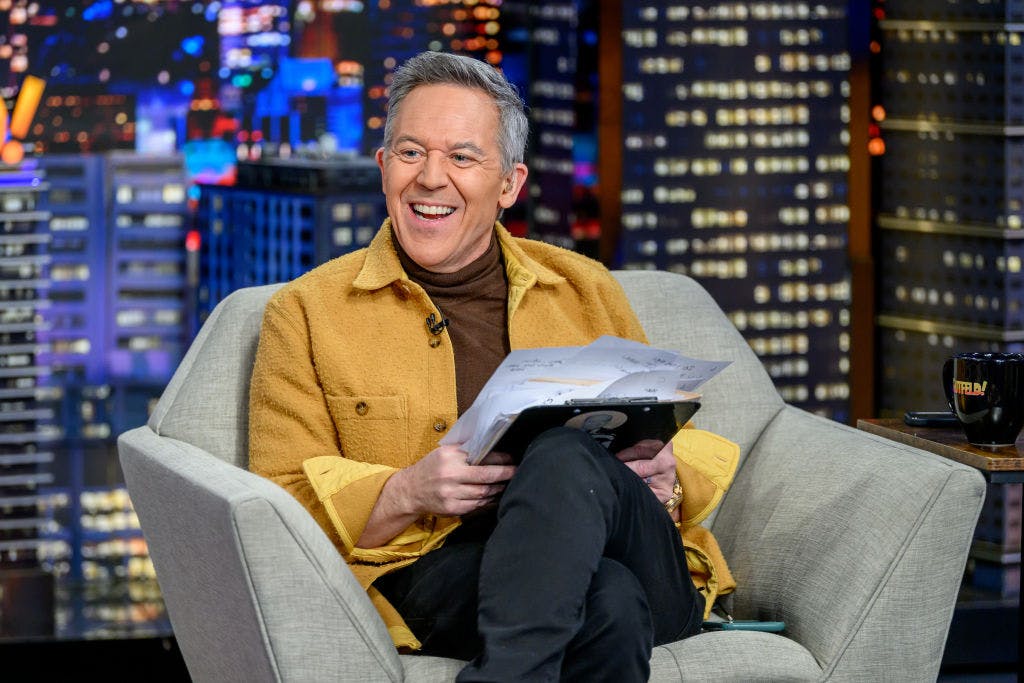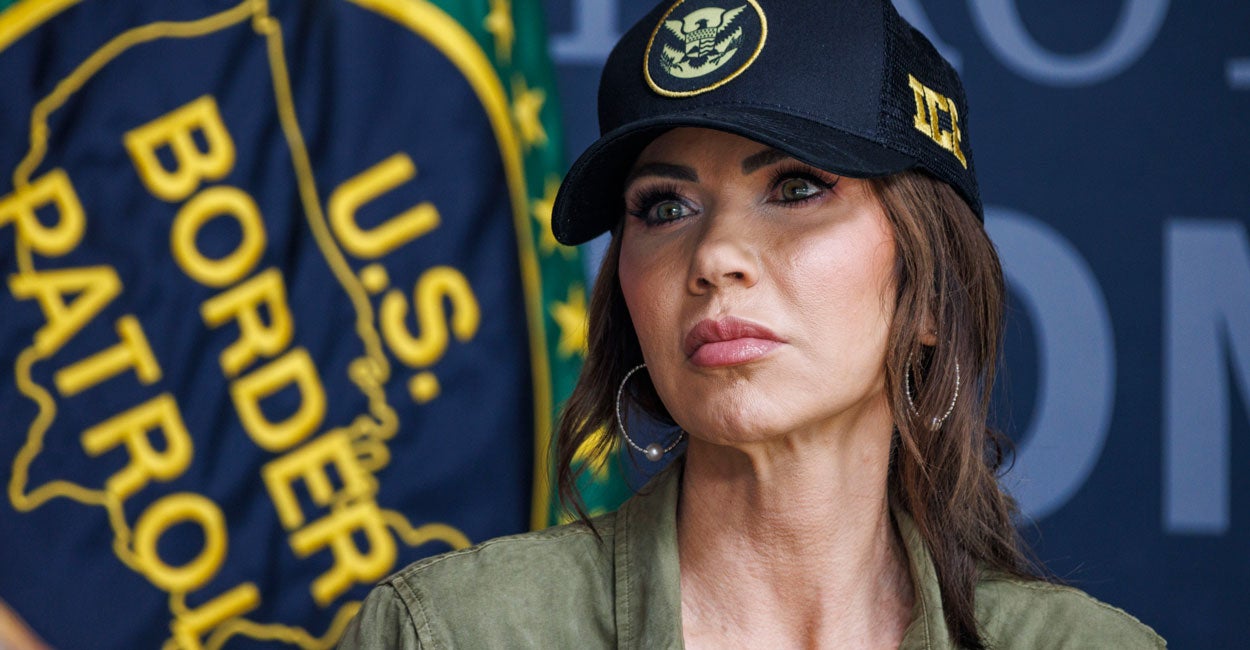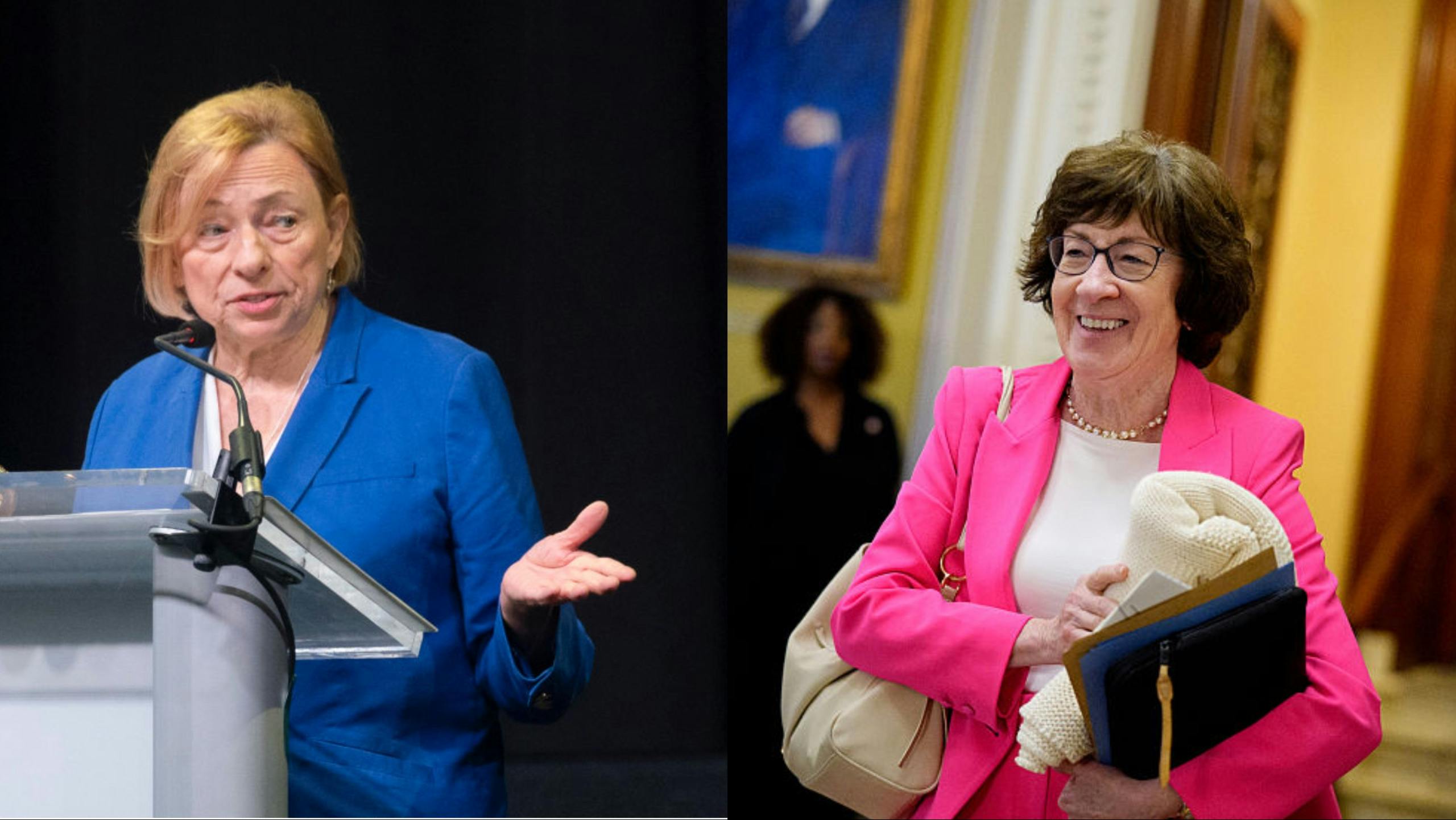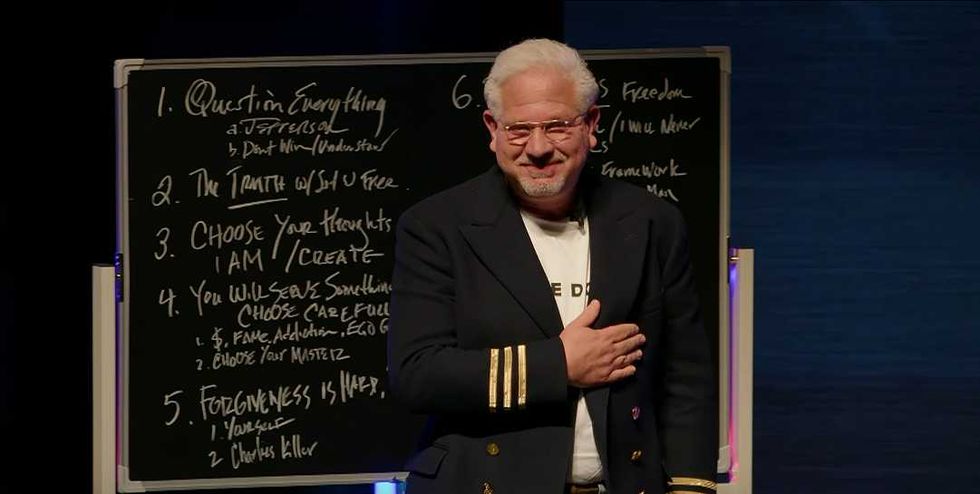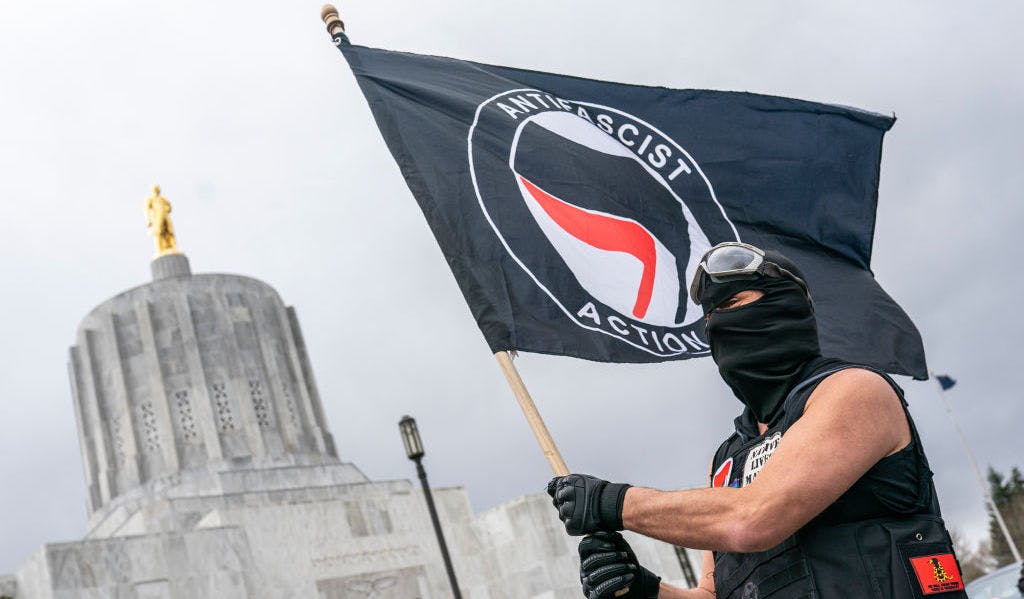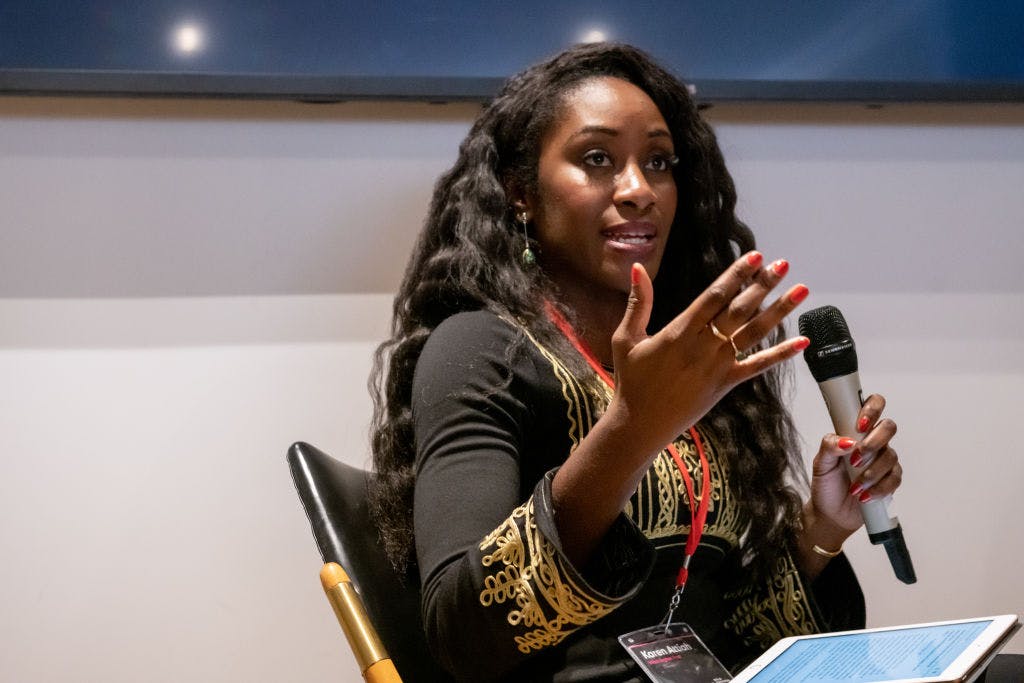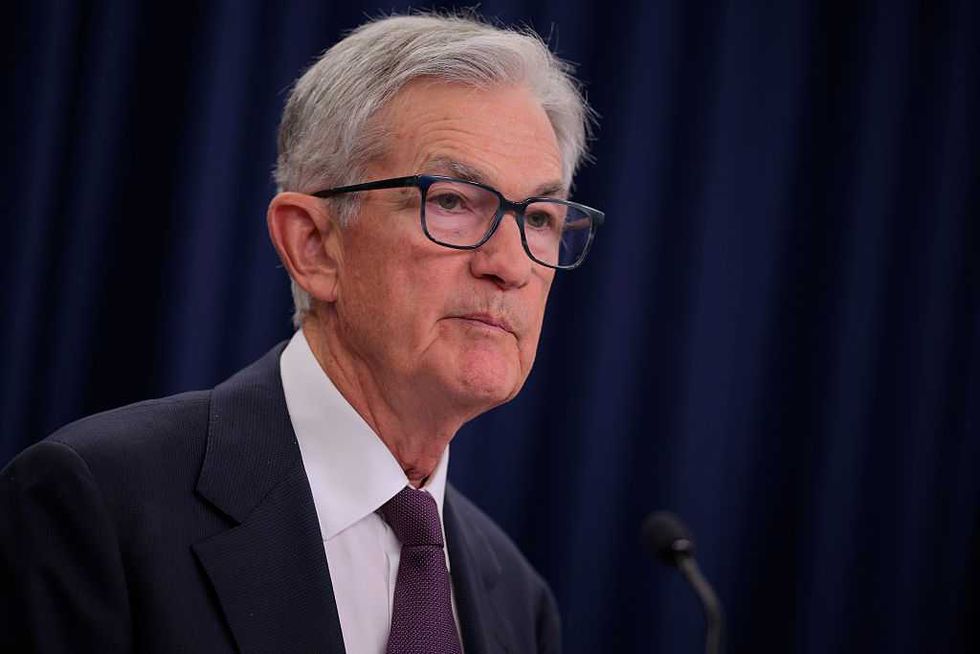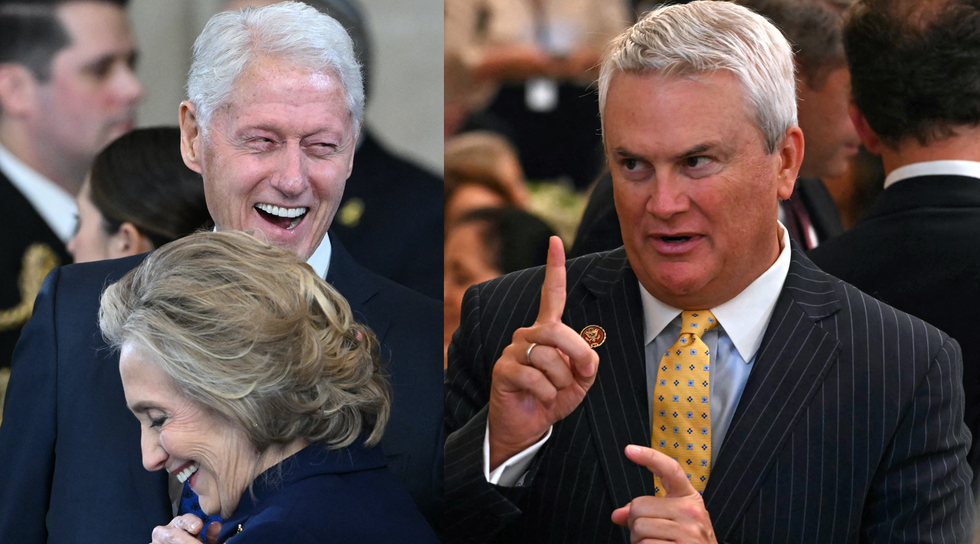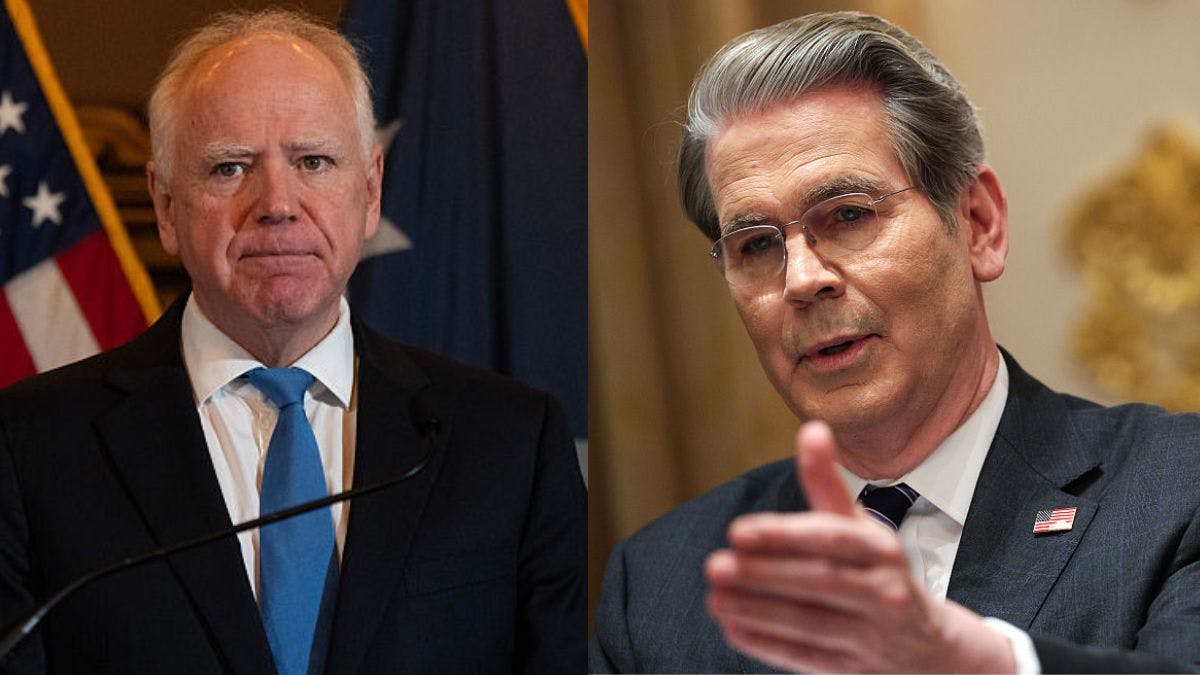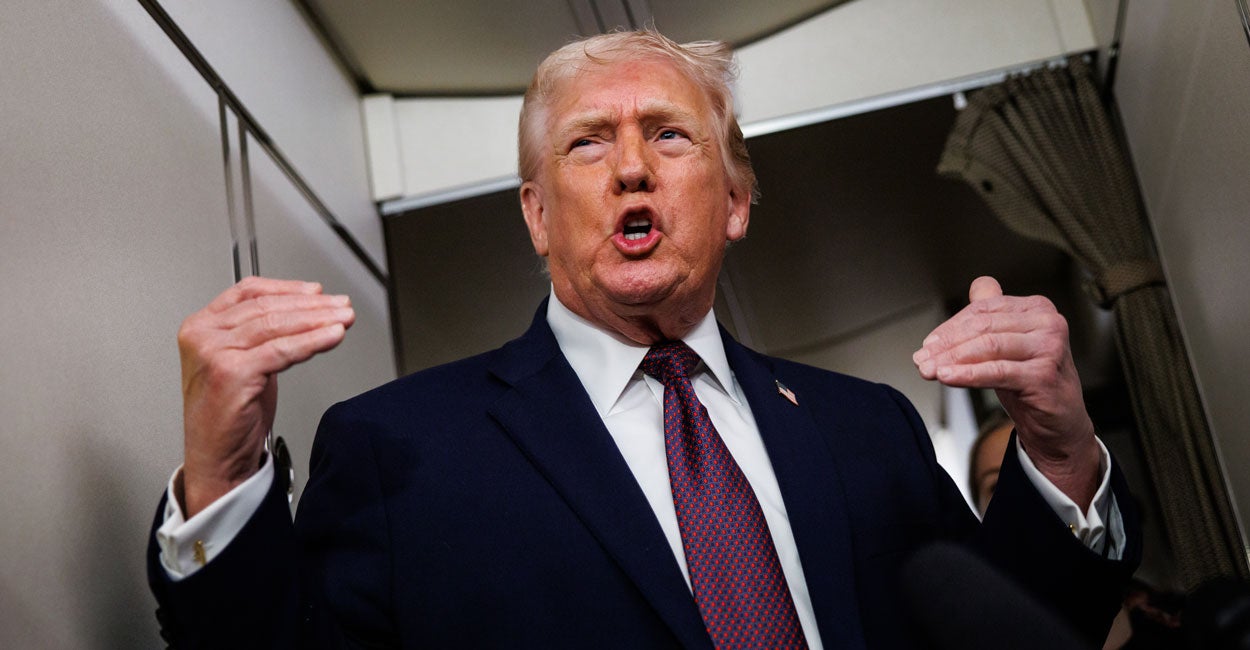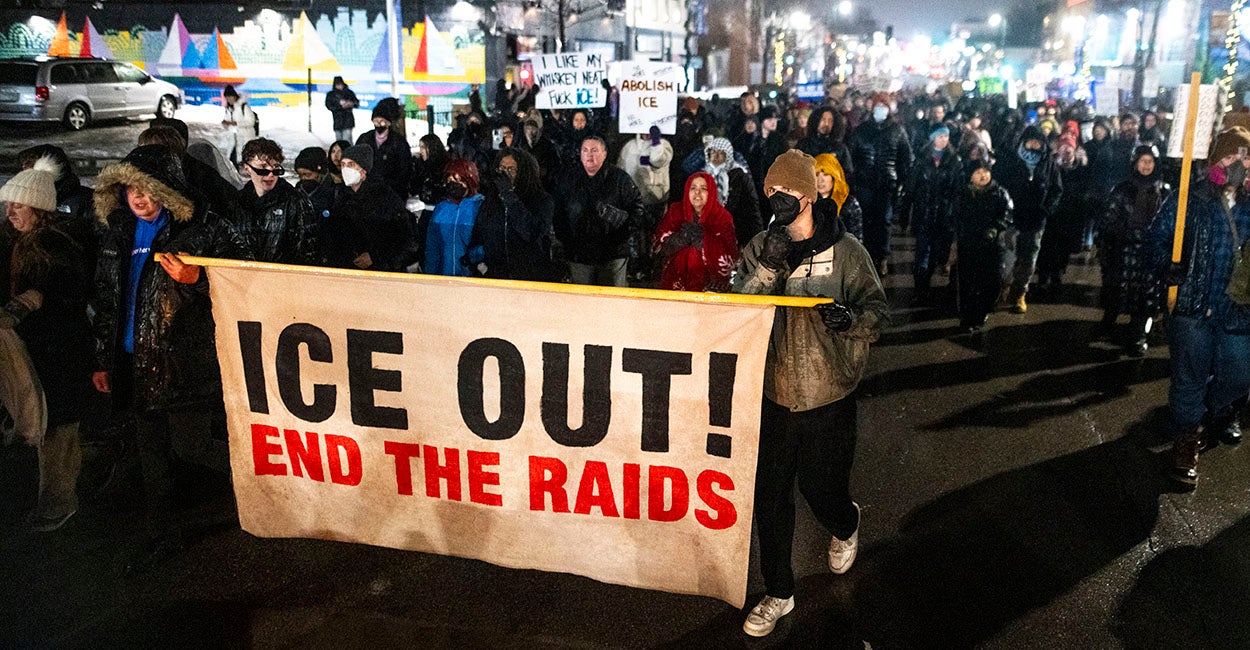The U.K. Can’t Champion Free Trade While Abandoning Free Speech

President Trump showed European allies the ‘art of the deal’ this week as his own luxury resort in Scotland played host to negotiations for one of the largest trade deals in history.
Live Your Best Retirement
Fun • Funds • Fitness • Freedom
Accompanied by bagpipes, the President shook hands with European Commission President Ursula von der Leyen, and U.K. Prime Minister Sir Keir Starmer, and heralded a major new US-EU trade pact — encompassing a 15% tariff rate on European imports.
But while Scotland was hosting talks on open markets, its own government continues to close off a core tenet of liberal democracy: the freedom to speak — even, in some cases, to silently pray.
In April 2024, Scotland enacted the Hate Crime and Public Order Act, which criminalizes words that amount to subjectively “stirring up hatred” based on a wide range of characteristics, such as someone’s “gender identity.” One may be found guilty of using the wrong words even if offence was only taken, but not intended. The consequences include up to seven years in prison.
Legal scholars, writers, and civil liberties groups have raised serious concerns. The law invites the state to police not just conduct but private expression — even within a family home. What was once a proud tradition of robust, even unpopular debate, is being eroded in favor of subjective standards of offense.
Meanwhile, new legislation in Scotland has imposed “buffer zones” around hospitals, vaguely criminalizing “influence” on the matter of abortion within 200 meters of the building. That radius can encompass private homes. According to the law’s own architect, Gillian Mackay MSP, a person praying silently near a window in their home could be guilty of a crime, “depending on who’s passing the window.”
One recent case under a similar “buffer zones” law across the English border drew international attention: Livia Tossici-Bolt, aged 62-years-old, was arrested simply for standing with a sign reading “Here to talk, if you want.” She was not disruptive. She was not loud. She simply offered consensual conversation to other adults.
The U.S. State Department took notice. A senior official confirmed “concern” about the state of free speech in the UK, adding, “It is important that the UK respect and protect freedom of expression.”
Vice President JD Vance raised similar concerns in his landmark speech at the Munich Security Conference earlier this year, even highlighting Scotland’ notorious prayer problem, noting, “free speech, I fear, is in retreat.” Who can blame him? In the UK, police are arresting over 30 people per day for online posts deemed offensive.
Such statements reflect a growing discomfort with what appears to be a widening values gap between the U.K. and its allies. Free societies are built not just on GDP and diplomatic summits, but on the intangible infrastructure of liberty — the right to live and speak freely, according to one’s own conscience. Trade flows best when rooted in mutual trust, shared principles, and the confidence that citizens on both sides of the Atlantic are protected by the same basic freedoms.
The U.K. cannot credibly advocate for open markets while tolerating closed discourse. A nation cannot speak loudly on the world stage while silencing its citizens at home. If Britain wishes to remain a trusted partner in the transatlantic alliance — not just economically but morally — it must reaffirm its commitment to the freedoms that define liberal democracy.
No ally is perfect. But the U.K. must meet the standards it helped to set. Free trade among free nations requires more than signed agreements. It requires trust in mutual political courage to protect liberty where it is most easily lost: quietly, at home.
* * *
Lois McLatchie Miller is a Scottish commentator on free speech, and a senior legal communications officer for ADF International.
The views expressed in this piece are those of the author and do not necessarily represent those of The Daily Wire.
Originally Published at Daily Wire, Daily Signal, or The Blaze
What's Your Reaction?
 Like
0
Like
0
 Dislike
0
Dislike
0
 Love
0
Love
0
 Funny
0
Funny
0
 Angry
0
Angry
0
 Sad
0
Sad
0
 Wow
0
Wow
0
